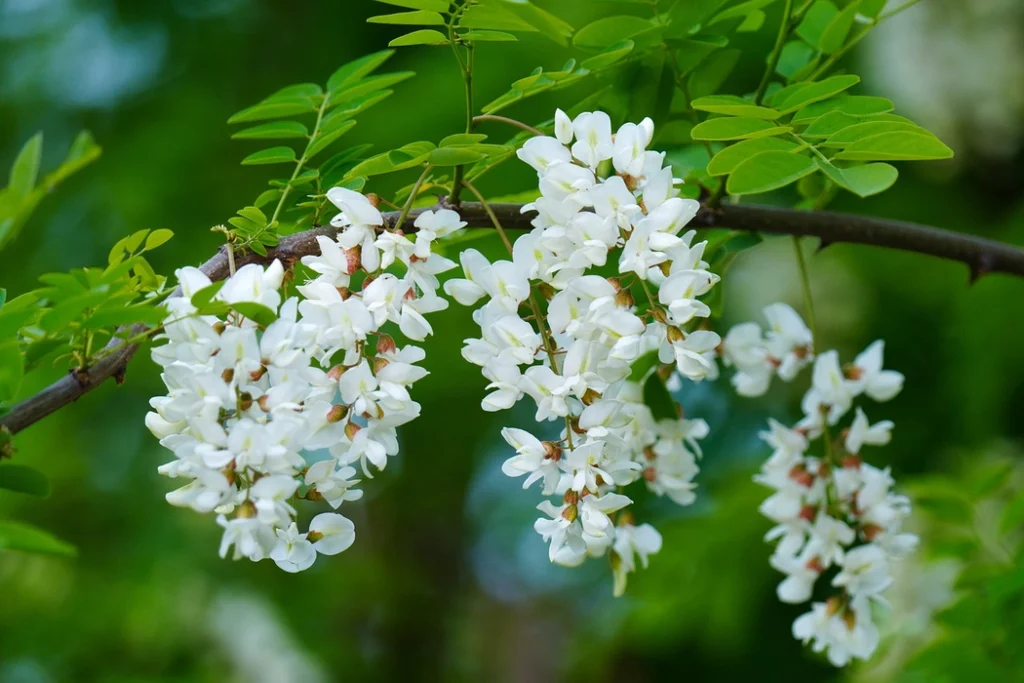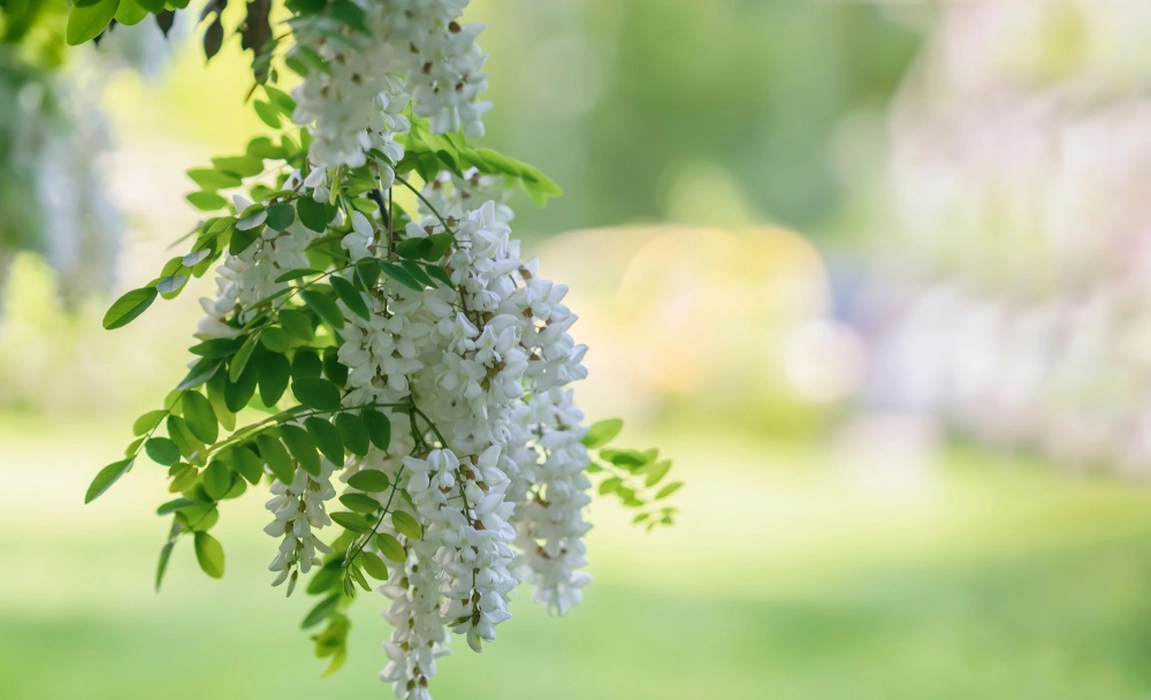Acacia, a genus of shrubs and trees known for its beautiful, fragrant flowers, has been used in traditional medicine for centuries. From soothing digestive issues to boosting skin health, Acacia flowers offer a range of therapeutic benefits.
In this blog post, we’ll explore their healing properties, how to use them, and important precautions.
Health Benefits of Acacia Flowers
1. Digestive Health Support
Acacia flowers and gum (such as gum arabic) are rich in soluble fiber, which promotes gut health by:
- Relieving constipation (acts as a mild laxative)
- Easing diarrhea (forms a protective coating in the intestines)
- Supporting probiotic growth (nourishes beneficial gut bacteria)
2. Anti-inflammatory & Pain Relief
Acacia contains bioactive compounds like flavonoids and tannins, which help:
- Reduce inflammation in conditions like arthritis
- Soothe sore throats (used in herbal teas and gargles)
- Alleviate skin irritation (used in poultices)
3. Respiratory Health
In Ayurveda and traditional medicine, Acacia flowers are used to:
- Relieve coughs and bronchitis
- Clear mucus congestion
- Soothe throat irritation
4. Wound Healing & Skin Care
Acacia’s antimicrobial and anti-inflammatory properties make it useful for:
- Speeding up wound healing
- Treating minor burns and cuts
- Reducing acne and skin inflammation
5. Blood Sugar Regulation
Some studies suggest that Acacia fiber may help:
- Slow sugar absorption, benefiting diabetics
- Improve insulin sensitivity
6. Stress & Anxiety Relief
The soothing fragrance of Acacia flowers is used in aromatherapy to:
- Promote relaxation
- Reduce anxiety and stress
How to Use Acacia Flowers
1. Herbal Tea
Steep dried Acacia flowers in hot water for a calming, digestive-friendly tea.
2. Topical Applications
- Poultice: Crush fresh flowers and apply to wounds or inflamed skin.
- Essential Oil: Used in diluted form for massage or aromatherapy.
3. Powder & Supplements
Acacia gum (powdered form) can be mixed into smoothies or taken as a supplement for gut health.
4. Culinary Uses
Some cultures use Acacia flowers in:
- Syrups and jams
- Infused honey
- Herbal desserts
Precautions & Contraindications
While Acacia is generally safe, consider the following:
- Allergies: Some people may be sensitive to Acacia pollen or gum.
- Pregnancy & Breastfeeding: Consult a doctor before use.
- Medication Interactions: May affect blood sugar or absorption of certain drugs.
- Overconsumption: Excessive intake may cause bloating or gas due to high fiber content.

Acacia flowers are a versatile natural remedy with benefits ranging from digestive support to skin healing. Whether consumed as tea, applied topically, or used in aromatherapy, they offer a gentle yet effective way to enhance wellness.
Have you tried Acacia flowers?
Share your experiences in the comments!

